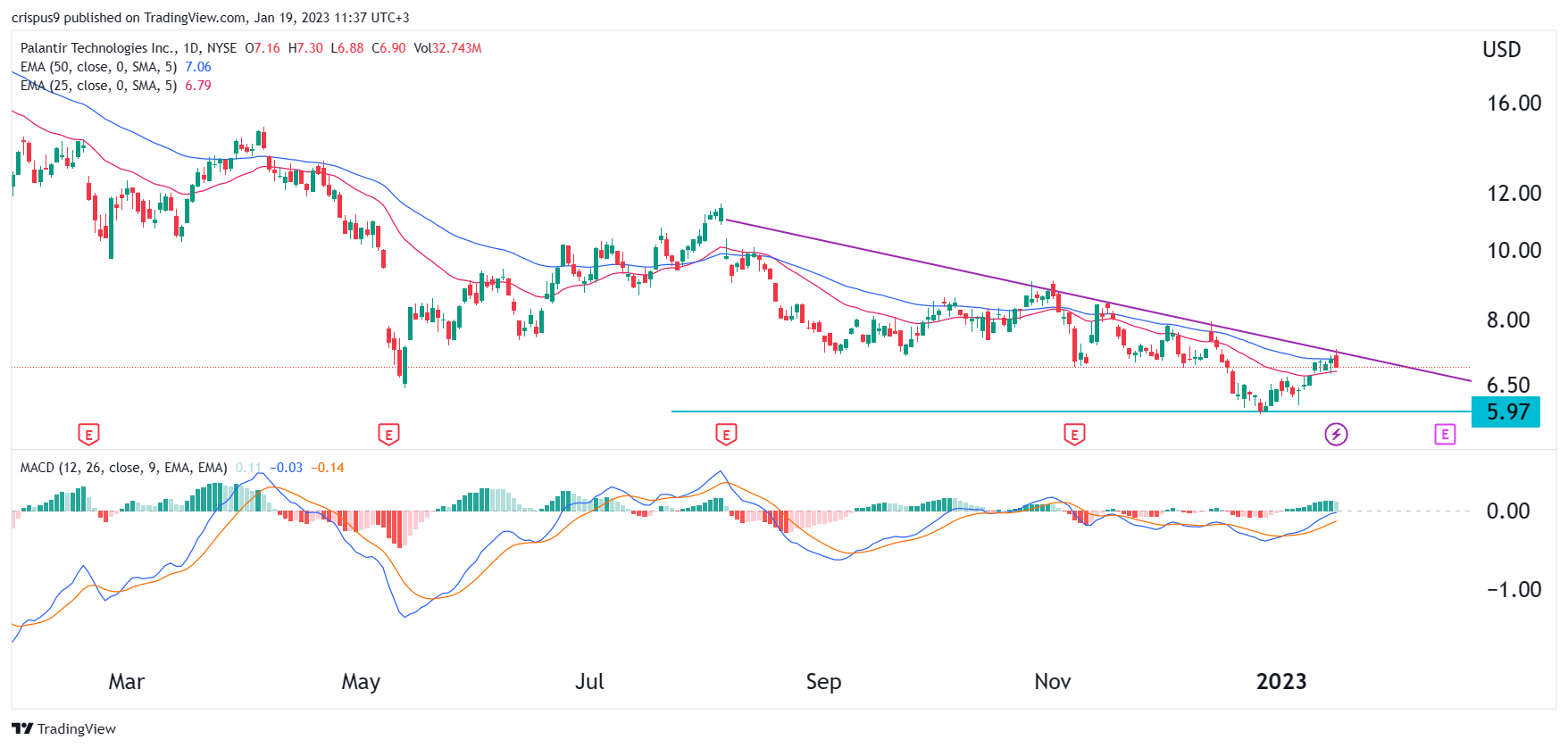Over-the-Counter Birth Control: Implications For Reproductive Healthcare Post-Roe

Table of Contents
Increased Access and Convenience: The Potential Benefits of OTC Birth Control
The potential benefits of making birth control available over-the-counter are substantial, particularly for underserved populations. Increased accessibility could revolutionize reproductive healthcare, especially for low-income women, those in rural communities, and individuals lacking health insurance. Currently, navigating the healthcare system to obtain prescription contraception can be a significant barrier for many, involving doctor's appointments, waiting times, and often, substantial financial costs.
OTC birth control offers a solution to these challenges. The convenience factor alone is transformative:
- Reduced reliance on healthcare providers: Access to contraception becomes less dependent on navigating the complexities of the healthcare system.
- Greater autonomy in managing reproductive health: Individuals gain more control over their bodies and their reproductive choices.
- Potential cost savings: OTC options could be significantly cheaper than prescription methods, making birth control more affordable for many.
- Improved convenience for individuals with busy schedules: Eliminating the need for appointments frees up valuable time.
Potential Concerns and Challenges of OTC Birth Control
While the potential benefits of OTC birth control are significant, it's crucial to acknowledge and address potential concerns. The most prominent worry centers around the risk of misuse or incorrect usage. This highlights the paramount importance of comprehensive sexual education and readily available, reliable information to ensure safe and effective use.
- Risk of incorrect usage leading to unintended pregnancies: Clear and accessible instructions are essential to mitigate this risk.
- Need for accurate information and education on different methods: Public health campaigns should provide unbiased information on various OTC methods, emphasizing their efficacy and potential side effects.
- Potential for increased reliance on less effective methods: Education must stress the importance of choosing the most effective method based on individual needs and circumstances.
- Lack of access to follow-up care and support: Systems for providing support and addressing concerns should be in place, even with OTC access.
The Impact on Different Demographics: Equity and Accessibility
The impact of OTC birth control will vary across different demographics. Ensuring equitable access for all women, regardless of race, socioeconomic status, or geographic location, is paramount. Significant disparities exist in current access to reproductive healthcare, and these must be addressed to prevent OTC birth control from exacerbating existing inequalities.
- Addressing disparities in access based on income, race, and location: Targeted interventions are necessary to reach underserved communities.
- The role of government subsidies and healthcare initiatives: Financial assistance programs can play a critical role in making OTC birth control accessible to all.
- Promoting health literacy and education in underserved communities: Culturally sensitive information and resources are crucial for effective outreach.
- Ensuring culturally sensitive information and support services: Information should be tailored to different cultural contexts and linguistic needs.
The Legal and Regulatory Landscape of OTC Birth Control Post-Roe
The legal and regulatory landscape surrounding OTC birth control is complex and dynamic, particularly in the post-Roe era. State-level variations in reproductive healthcare regulations create a patchwork of access, impacting the availability and affordability of contraception.
- State-level variations in access to reproductive healthcare: Inconsistencies in state laws may limit the nationwide impact of OTC birth control.
- The role of the FDA in approving and regulating OTC birth control: The FDA's role in ensuring the safety and efficacy of OTC options is critical.
- Potential legal challenges to wider access to contraception: Legal battles over reproductive rights may continue to impact access.
- The ongoing political debate surrounding reproductive rights and access: Political factors significantly influence the legal landscape of reproductive healthcare.
Securing Reproductive Healthcare Access Through Over-the-Counter Birth Control
In conclusion, expanding access to over-the-counter birth control presents both significant opportunities and challenges in the post-Roe landscape. While increased convenience and affordability are substantial benefits, addressing potential misuse, ensuring equitable access across diverse populations, and navigating the complex legal and regulatory environment are crucial. Comprehensive sexual education, readily available information, and ongoing support are essential components of a successful strategy. To secure reproductive healthcare access for all, we must advocate for policies that expand access to contraception, support initiatives promoting health literacy, and engage in open and informed discussions about reproductive rights. Learn more about over-the-counter birth control options and reproductive healthcare resources at [Insert relevant links here]. Let's work together to ensure everyone has access to the reproductive healthcare they need.

Featured Posts
-
 Revised Palantir Predictions Analyzing The Stocks Recent Performance
May 10, 2025
Revised Palantir Predictions Analyzing The Stocks Recent Performance
May 10, 2025 -
 Newark Air Traffic Control System Failure Months Of Prior Safety Concerns
May 10, 2025
Newark Air Traffic Control System Failure Months Of Prior Safety Concerns
May 10, 2025 -
 Wynne And Joanna All At Sea Review And Critical Reception
May 10, 2025
Wynne And Joanna All At Sea Review And Critical Reception
May 10, 2025 -
 Wynne And Joanna All At Sea Exploring The Narrative
May 10, 2025
Wynne And Joanna All At Sea Exploring The Narrative
May 10, 2025 -
 Edmontons Nordic Spa Closer To Reality Council Approves Rezoning
May 10, 2025
Edmontons Nordic Spa Closer To Reality Council Approves Rezoning
May 10, 2025
